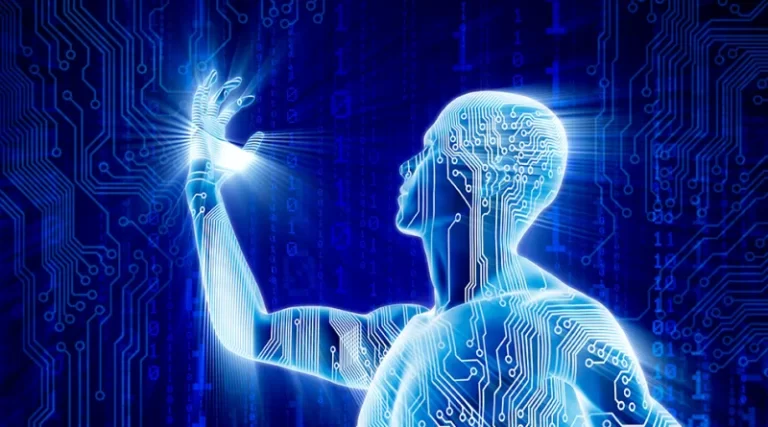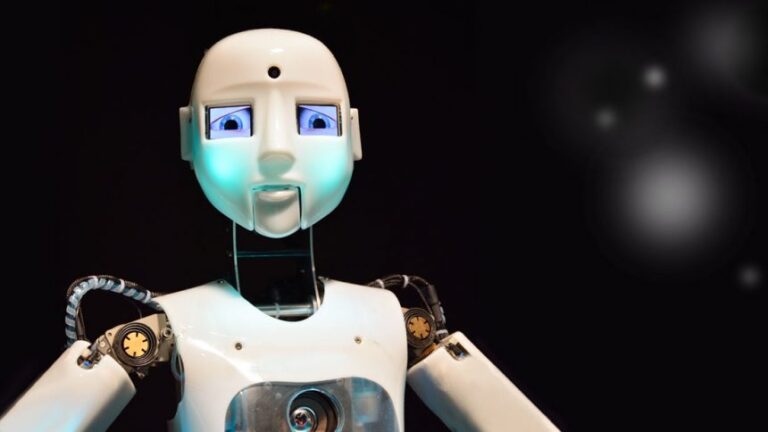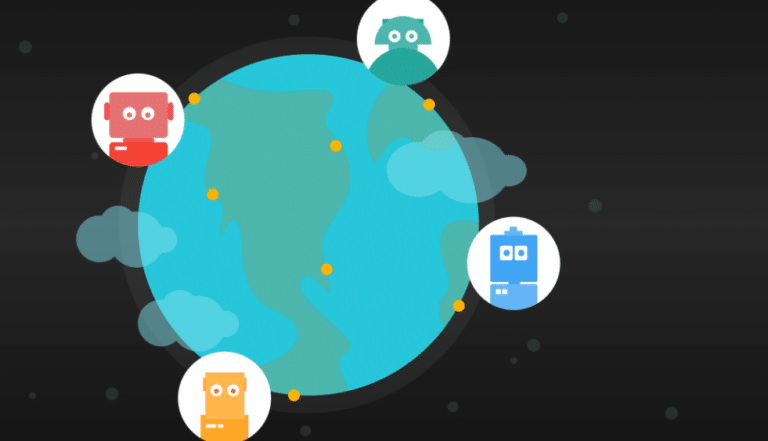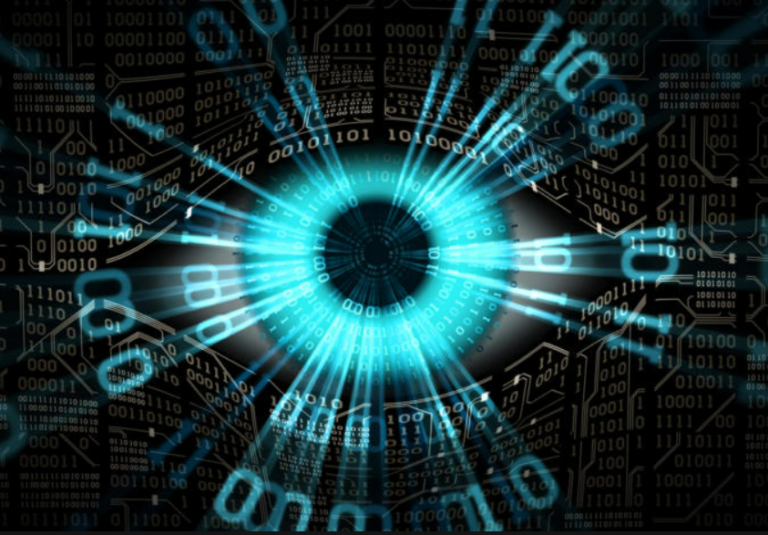Introduction:
Sleep is a critical aspect of our overall health and well-being. It helps us recharge and prepare for the day ahead. However, many people struggle to get enough sleep or to maintain a consistent sleep schedule. Fortunately, advances in artificial intelligence (AI) are offering new ways to improve our sleep habits. In this blog post, we’ll explore how AI can help you sleep better and what benefits it can provide.
Important Points:
- Sleep Monitoring: AI-powered sleep monitoring tools can track the quality and duration of your sleep, giving you insight into your sleep patterns and identifying any issues that may be impacting your sleep. For instance, some smartwatches and fitness trackers now have built-in sleep tracking features that use machine learning algorithms to analyze your sleep data and provide personalized insights.
- Personalized Recommendations: AI algorithms can analyze your sleep data and provide personalized recommendations to improve your sleep habits. For instance, if you’re not getting enough deep sleep, an AI-powered sleep coach could recommend adjusting your bedtime routine, such as avoiding screens before bed or practicing relaxation techniques.
- Smart Home Integration: AI-powered devices, such as smart lights, smart thermostats, and smart speakers, can be integrated into your home to create a more conducive sleep environment. For instance, smart lights can be programmed to gradually dim as bedtime approaches, simulating a natural sunset and promoting relaxation. Smart thermostats can adjust the temperature in your room to create a comfortable sleeping environment, while smart speakers can play calming sounds or white noise to help you fall asleep.
- AI-Powered Sleep Aids: AI-powered sleep aids, such as smart pillows or sleep masks, can use sensors and machine learning algorithms to adjust the position or temperature of the pillow or mask to optimize your sleep experience. For example, some smart pillows use sensors to detect when you shift positions during the night and adjust the pillow’s firmness to provide optimal support.
FAQ’s:
Is AI safe to use for sleep improvement?
Yes, AI-powered sleep improvement tools are generally safe to use, but it’s important to choose high-quality products from reputable companies. It’s also important to follow the instructions carefully to ensure safe use.
Can AI replace traditional sleep therapy?
AI can complement traditional sleep therapy, but it’s unlikely to replace it entirely. In severe cases of sleep disorders, such as sleep apnea, medical intervention is often necessary.
Do I need to be tech-savvy to use AI-powered sleep improvement tools?
AI-powered sleep improvement tools are designed to be user-friendly and accessible to people with varying levels of technical expertise. However, it’s important to choose tools that are appropriate for your level of comfort and ability.
Pros:
- Personalized Recommendations: AI-powered sleep tools can provide personalized recommendations to improve your sleep habits based on your sleep data, making it easier to make changes that will have a positive impact on your sleep quality.
- Easy to Use: Many AI-powered sleep improvement tools are designed to be user-friendly and accessible to people with varying levels of technical expertise, making it easier to integrate them into your sleep routine.
- Better Sleep Quality: By monitoring your sleep patterns and providing personalized recommendations, AI-powered sleep tools can help you achieve a better quality of sleep, leading to improved health and well-being.
Cons:
- Cost: Some AI-powered sleep improvement tools can be expensive, making them less accessible to people on a tight budget.
- Reliance on Technology: Some people may be uncomfortable with relying on technology for their sleep improvement, preferring more traditional methods.
- Accuracy: AI-powered sleep monitoring tools may not always be 100% accurate, which could lead to inaccurate recommendations.
Final Conclusion:
AI has the potential to revolutionize the way we track and improve our sleep habits. By analyzing individual sleep patterns and providing personalized recommendations, AI-powered sleep tracking devices can help individuals achieve better quality sleep and detect sleep disorders at an early stage. However, it is important to use AI-powered devices with caution and to seek the advice of a medical professional for an accurate diagnosis of sleep disorders.
To ensure the best use of AI in improving sleep habits, it is important to combine AI-powered devices with human expertise and to prioritize data privacy and security. AI can assist in monitoring and analyzing sleep data, but it cannot replace the expertise of a sleep specialist in diagnosing and treating sleep disorders. By using AI responsibly and in combination with other resources, individuals can benefit from better sleep habits and overall health.







